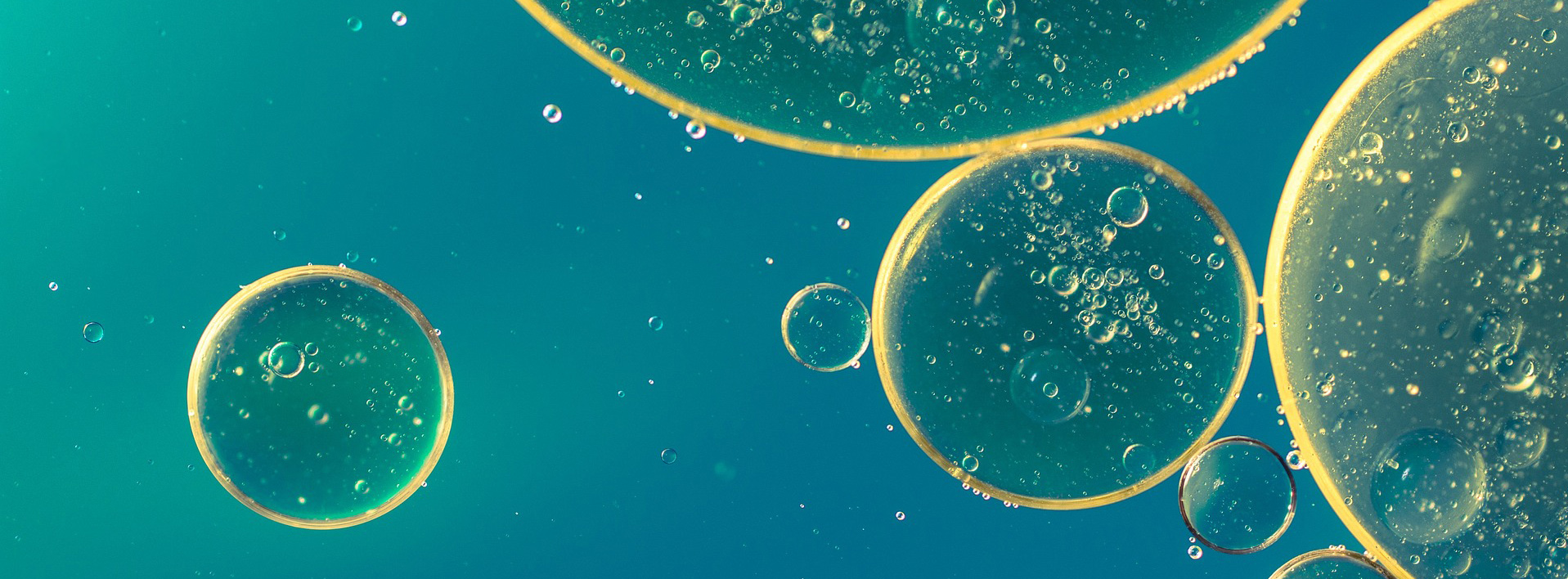Last October 26, at the Ciências Research Day 2022, the project Microdrygrape – Seeking functional microbiome by assessing impact of water availability in grapevine health, physiological plasticity, and associated soil microbial communities, coordinated by Ana Margarida Fortes – PI at the Fruit Functional Genomics & Biotechnology Lab at Faculdade de Ciências da Universidade, – was announced as one of the three Ciências ULisboa internal R&D collaborative projects recommended for funding.
Together with scientists from other Ciências ULisboa research centres [Franscico M. Couto (LASIGE), Francisco Pina-Martins (cE3c), Helena Gaspar (BioISI Mass Spectrometry Facility) and Isabel Fernandes & Maria do Rosário Carvalho (Instituto Dom Luiz)], Ana Margarida Fortes will evaluate the effect of several irrigation approaches on the microbial communities associated with different grapevine cultivars. In this study, Ciências ULisboa’s scientists want to understand the impact of such approaches in grapevine health and productivity, which make this an investigation of paramount importance. In fact, drought is becoming a major challenge threatening viticulture in Mediterranean and science can help mitigating drought impacts towards a product with such a huge socioeconomic value like it is the wine in these countries.
Researchers expect to discover the most effective microbial consortia on plant adaptation and minimization of water stress by the investigating soil-microbiome composition under different irrigation regimes, thus contributing to develop new mitigation strategies, based mainly on the promotion of beneficial microbes. The diversity of scientific areas – such microbiology, plant physiology, geology, biochemistry, physiology and bioinformatics – is a big advantage of the project as it will allow to tackle the scientific challenge through different perspectives, benefiting from the different inputs each one of them can give.
Ana Margarida Fortes points out that this experience will be advantageous for the researchers themselves and gives an example: “At the department of informatics, experts in data mining linked mainly to medical sciences will diversify their expertise into the agricultural sector. We will also be using BioISI Mass Spectrometry facility”. In addition, the researcher believes that the project will also contribute to improve the R&D field at Ciências ULisboa, as she shares that: “We will be able to use in-house knowledge and resources to develop innovative research. We believe this will strengthen the position of FCUL in research, development, and innovation”.

From left to right | Ana Margarida Fortes (PI) and Franscico M. Couto (Co-PI) [photos provided by Ana Margarida Fortes]

Forma left to right | Helena Gaspar, Francisco Pina Martins, Isabel Fernandes and Maria do Rosário Carvalho [photos provided by Ana Margarida Fortes]


